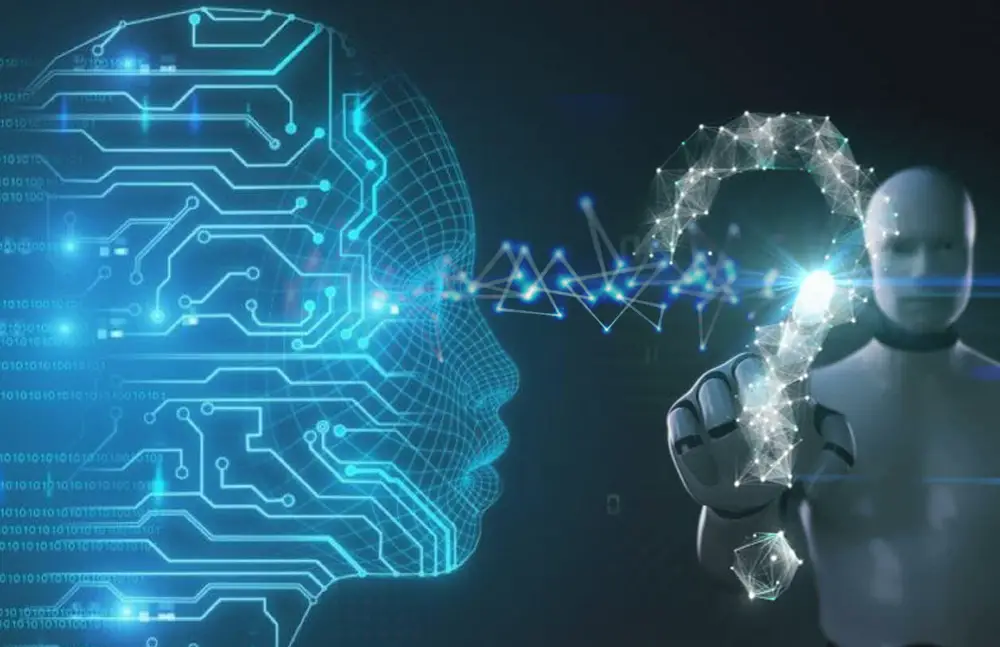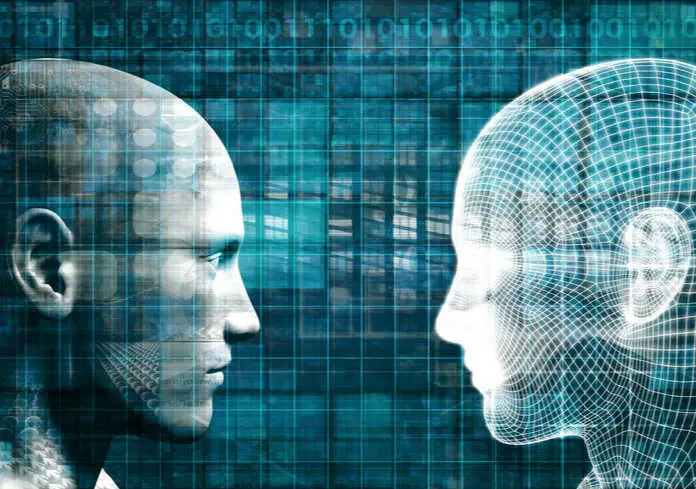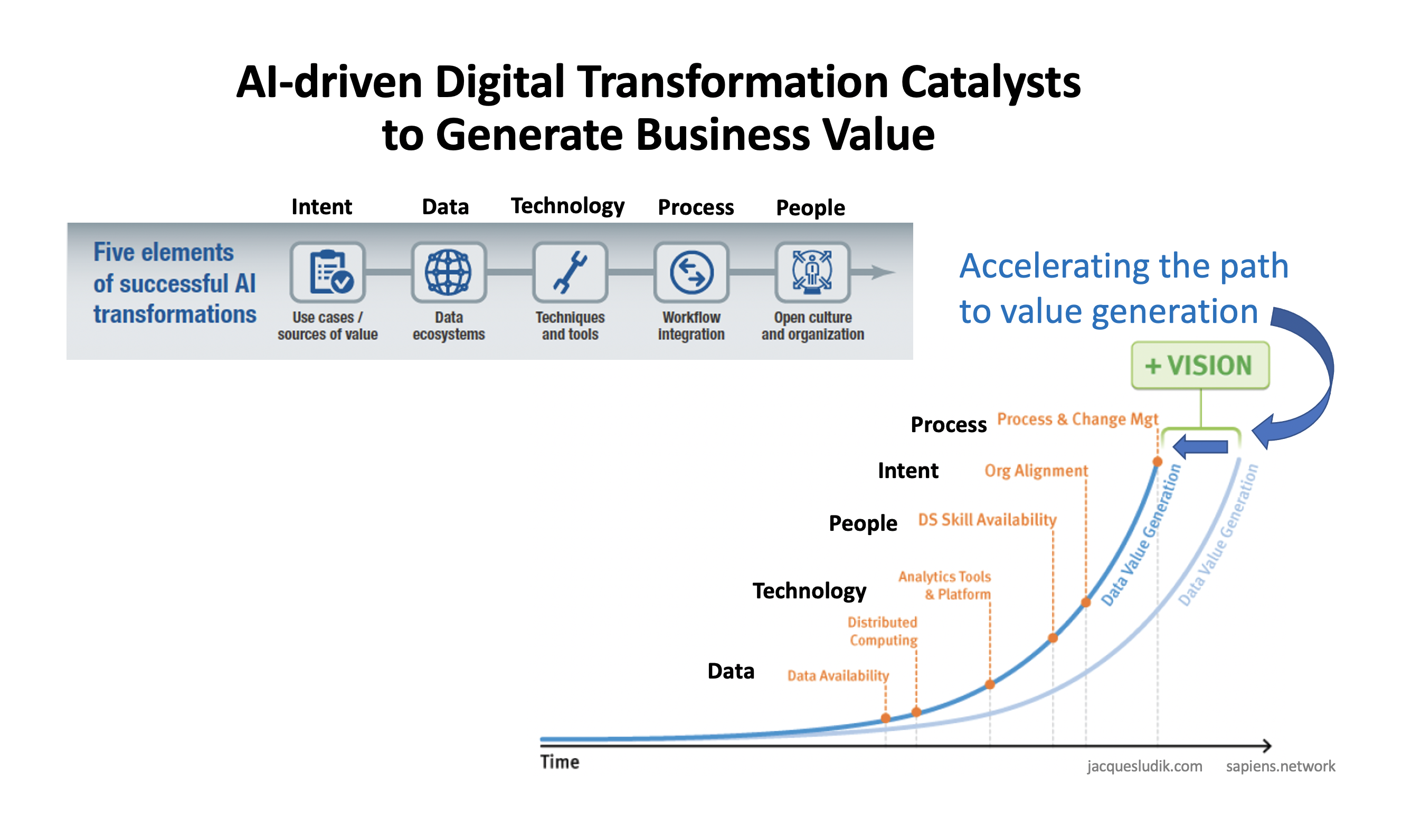AI and the Transformation of Video Content Analysis

The emergence of artificial intelligence (AI) is revolutionizing how we understand, analyze, and interact with video content. AI-powered video analysis tools enable us to uncover valuable insights, automate tasks, and enhance user experiences like never before. This transformative impact is shaping various industries, including media and entertainment, security and surveillance, healthcare, and education, among others.

Key Benefits and Applications of AI in Video Content Analysis:

1. Content Moderation and Compliance:
-
AI automates content moderation processes, quickly flagging inappropriate or harmful content such as violence, hate speech, and nudity.
-
Platforms can ensure compliance with regulations and community guidelines, protecting users from harmful or illegal content.
2. Video Search and Recommendations:
-
AI enables efficient video search by analyzing content, generating tags, and extracting metadata.
-
Personalized video recommendations enhance user engagement by suggesting relevant content based on viewing history and preferences.
3. Ad Targeting and Effectiveness Measurement:
-
AI analyzes video content to identify target audiences for advertising campaigns.
-
Advertisers can measure the effectiveness of their ads by tracking viewer attention, engagement, and conversions.
4. Sports and Event Analysis:
-
AI-powered systems analyze sports videos, providing real-time insights into player performance, team strategies, and game dynamics.
-
Enables coaches, athletes, and analysts to make data-driven decisions and enhance training outcomes.
5. Medical Imaging and Diagnostics:
-
AI in healthcare analyzes medical videos and images, assisting doctors in diagnosing diseases and monitoring patient health.
-
Automating image analysis reduces diagnostic errors and improves patient outcomes.
6. Surveillance and Security:
-
AI-driven surveillance systems detect suspicious activities, identify individuals, and track objects in real-time.
-
Enhanced security measures protect property, infrastructure, and public spaces.
Challenges and Future Outlook:
While AI has revolutionized video content analysis, challenges remain in addressing issues like data privacy, bias mitigation, and regulatory compliance. As technology continues to evolve, we can expect further advancements in:
-
AI-powered video analysis tools that deliver accurate, real-time insights.
-
Integration of AI with other emerging technologies like 5G and edge computing for faster and more efficient video processing.
-
Ethical and responsible development of AI systems to ensure fair and unbiased results.
In conclusion, the integration of AI into video content analysis is transforming how we create, consume, and interact with videos. With its ability to automate tasks, uncover valuable insights, and provide personalized experiences, AI has become an indispensable tool across various industries. As AI technology continues to mature, we can anticipate even more transformative applications and benefits that will redefine the video content landscape in the years to come.

This article provides a well-rounded overview of the transformative potential of AI in video content analysis. The author successfully highlights the key benefits and challenges associated with this technology. However, I would appreciate further insights into the ethical implications and regulatory frameworks surrounding AI-powered video analysis, as these aspects are crucial to shaping the responsible development and deployment of such systems.
While the advancements in AI for video content analysis are impressive, I remain skeptical about the reliability and accuracy of these systems. The article fails to address the potential for bias and false positives in AI-powered video analysis, which could have significant implications for privacy, security, and social justice. I urge caution and thorough testing before blindly adopting these technologies.
As an AI researcher specializing in video content analysis, I found this article to be an informative and balanced exploration of the field. The author accurately captures the key challenges, such as data privacy, algorithmic fairness, and the need for robust evaluation methodologies. I particularly appreciate the emphasis on the importance of human-AI collaboration and the potential for AI to enhance human capabilities in video analysis tasks.
The author’s assertion that AI will revolutionize video content analysis is an exaggeration. While AI has made progress, it is far from replacing human analysts. Human expertise is still essential for complex tasks such as interpreting context, detecting subtle patterns, and making nuanced judgments. AI should be seen as a tool to enhance human capabilities, not as a replacement for them.
Oh, the irony! An article about AI transforming video content analysis is riddled with grammatical errors and syntax mistakes. If AI can’t even proofread its own content, how can we trust it to analyze complex video data accurately? Perhaps we should stick to human analysts for now.
Wow, AI is going to save the day and make video content analysis a breeze! Except, of course, for the pesky little problems of privacy violations, algorithmic bias, and job displacement. But hey, at least we’ll have perfectly analyzed videos, right?
Imagine a world where AI analyzes every cat video on the internet and categorizes them into ‘cute,’ ‘funny,’ and ‘existential crisis.’ The future of video content analysis is both hilarious and slightly terrifying.
This article has me so pumped! AI is like the superhero of video content analysis. It’s going to make everything easier, faster, and better. I can’t wait to see what amazing innovations come out of this!
As a parent, I’m worried about the potential impact of AI in video content analysis on children. How can we ensure that these technologies are used responsibly and ethically, and that they don’t erode our privacy or expose our kids to harmful content?
I’m cautiously optimistic about the future of AI in video content analysis. It has the potential to make great strides in areas like healthcare and security. However, we need to approach this technology with careful consideration and regulation to mitigate potential risks and biases.
The article fails to delve deeply into the technical challenges associated with AI in video content analysis. Issues like data annotation, model training, and computational complexity are crucial factors that determine the accuracy and efficiency of these systems.
AI analyzing videos? Sounds like a recipe for hilarious mishaps and existential crises for the AI. I can’t wait to see what kind of wacky interpretations it comes up with!
Can someone explain how AI can differentiate between similar objects or actions in video content? Is it just a matter of feeding it massive amounts of data, or are there more sophisticated techniques involved?